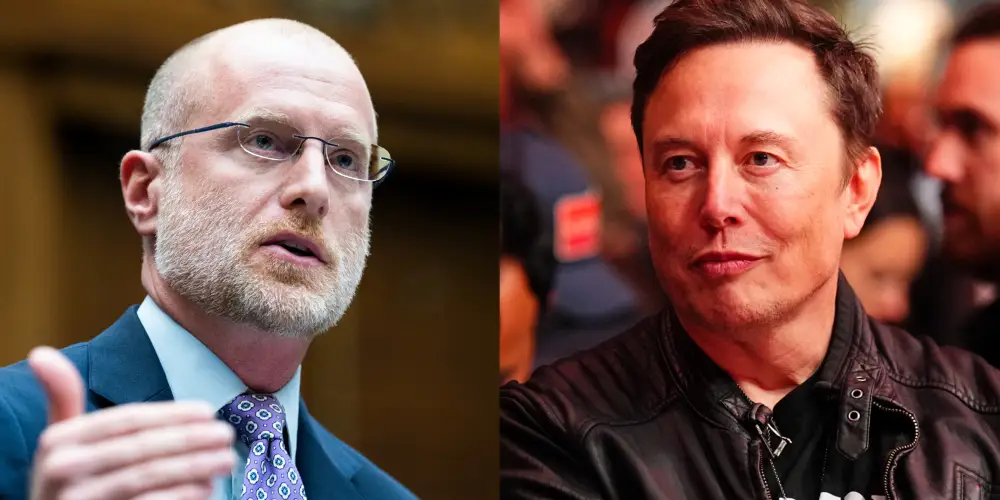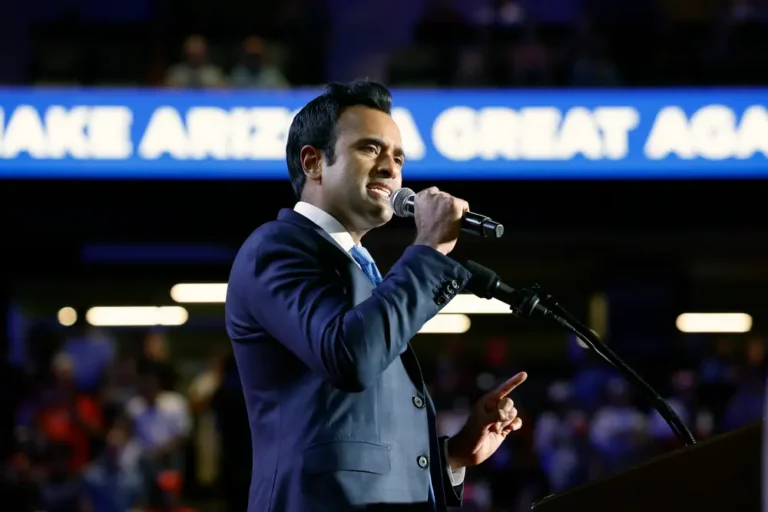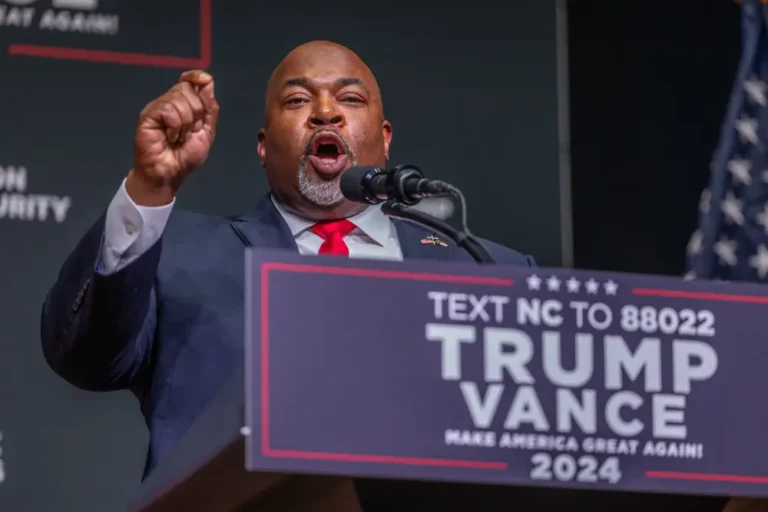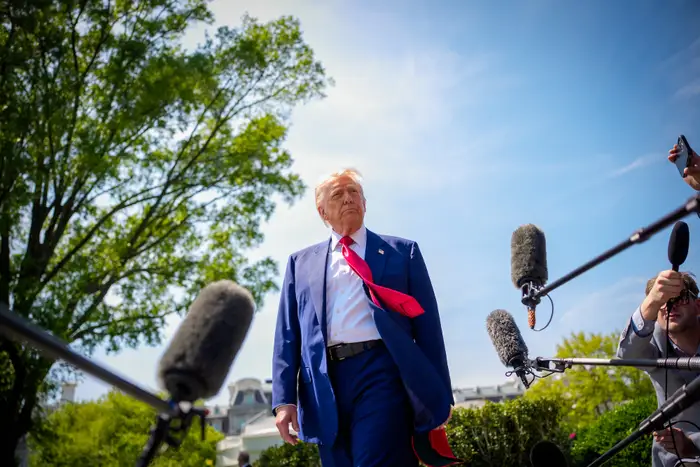Trump’s new FCC pick is a win for Elon Musk

Brendan Carr, currently the top Republican on the Federal Communications Commission, has been a vocal supporter of Musk’s Starlink.
President-elect Donald Trump’s nomination of Brendan Carr to chair the Federal Communications Commission (FCC) isn’t just a win for conservative opponents of Big Tech.
It’s also a major win for the world’s richest man, Elon Musk, who’s already been appointed to lead a “Department of Government Efficiency” and is flexing his considerable influence with the incoming administration.
Carr, a Republican who first landed on the commission in 2017 after being nominated by Trump and confirmed by a GOP-led Senate, has emerged in recent years as a vocal defender of Musk and his companies.
Elon Musk has transformed long-dormant industries, and he’s developed a first principles “production algorithm” to deliver results.
It’s a great blueprint for reforming the Administrative State, driving efficiency in government, and unleashing a new cycle of American innovation. pic.twitter.com/JySzEtCsyj
— Brendan Carr (@BrendanCarrFCC) August 26, 2024
After Trump announced the nomination on Sunday, Carr wrote on X that we “must dismantle the censorship cartel and restore free speech rights for everyday Americans.”
“Based,” Musk replied.
Carr has also praised Musk’s purchase of Twitter (now X), and when the platform was banned in Brazil amid a dispute over content moderation, Carr sent a letter to regulators in the South American country excoriating them for carrying out a “cascading set of apparently unlawful and partisan political actions.”
But it’s not just that Carr is a fan of Musk, and vice versa. As FCC chairman, Carr would be one of the federal government’s top regulators — one whose decisions would have significant implications for Musk’s bottom line, especially when it comes to his space technology company, SpaceX.
In 2022, the FCC denied SpaceX nearly $886 million in government subsidies to provide satellite internet access in rural areas via the company’s Starlink service. The panel argued that Starlink, along with another internet service provider that was denied the funds, had “failed to demonstrate” that they “could deliver the promised service.” That’s despite Starlink gaining preliminary approval in 2020, during Trump’s first term.
Carr blasted the commission’s rejection at the time, saying it was “without a lawful basis.”
Now, Carr will be in a position to give a boost to satellite internet providers like Starlink. In October, he told POLITICO that regulators “should not be putting brakes or harassing any US-based satellite company” and that they should back them up instead.
While the $886 million in government subsidies SpaceX applied for in 2022 is likely lost, Biden’s $42.45 billion broadband expansion program is still on the table.
The broadband expansion program prioritizes earthbound projects that lay fiber-optic cables to offer high-speed internet to underserved areas in the US. It’s unclear where space-based initiatives like Starlink fit into the picture.
Trump’s upcoming administration may have the opportunity to steer the program in a new direction that favors satellite projects more. And with Carr’s recent nomination, the prospect of a Starlink scale-up looks increasingly promising.
That said, Starlink only came onto the satellite scene in 2018. It’s still proving itself as a viable internet service provider and is relatively expensive for the quality, CNN reported in August.
“We have no proof of concept that shows that [Starlink] could serve millions of Americans or more, on a widespread basis, on a simultaneous basis,” said Michael Romano, the executive vice president of rural telecom trade group NTCA told POLITICO in October.
Carr’s nomination will have to be confirmed by the Senate. But he stands a good chance, given that he’s been easily confirmed three times before, including as recently as 2023.
Neither a spokesperson for SpaceX nor Carr responded to a request for comment.






